How Invest for Impact Works
The 15th annual Invest for Impact competition will take place on February 18, 2022. Due to the COVID-19 pandemic, UNC Kenan-Flagler will be hosting this event VIRTUALLY. Once invitations are sent out, we encourage teams to register as soon as possible to secure their spot in the competition, as teams will be selected on a first-come first-serve basis.
Impact Investing:
The Global Impact Investing Network (GIIN) defines impact investing as “investments made into companies, organizations, and funds with the intention to generate social and environmental impact alongside a financial return.” Impact investing has experienced rapid growth over the past decade but further growth is required to provide the capital necessary to address the world’s most pressing challenges.
Invest for Impact Competition:
UNC developed the Invest for Impact competition to give students exposure to the field of impact investing. As this is a relatively new field, industry practices are changing rapidly as investors find new ways to measure impact, and develop new investment mechanisms that are more appropriate for impact focused companies.
Invest for Impact is designed to focus on 3 key issues: assessing impact, financing impact, and measuring impact.
Focus 1: Assessing Impact:
An investor’s intention to have a positive social or environmental impact through investments is a core tenant of impact investing. It is therefore important for any impact investor to develop an investment thesis that clearly establishes the impact they are looking to generate. Investment opportunities should be assessed against these impact goals.
Focus 2: Financing Impact:
Depending on their level of commitment to achieving impact, investors will expect financial returns anywhere between break-even and the market rate. In addition, impact investments can be made across a range of asset classes from grants to debt to traditional venture capital equity. To allow companies to focus on their impact goals it is often necessary for investors to develop creative investment mechanisms tailored to the individual firm to achieve the investor’s expected rate of return.
Focus 3: Measuring Impact:
Impact investment funds are ultimately responsible to individual investors that have contributed their money with the expectation of a financial return and a positive impact. Fund managers therefore must report on fund performance on both of these dimensions. To meet this responsibility, investors need a strong understanding of how they will measure the impact of each investment.
The Competition:
The following sections describe the updated format of the Invest for Impact competition and how it has been designed in order to expose students to these 3 key issues outlined above.
Before the Competition:
Teams that register will be sent background material to help them start thinking about assessing impact, financing impact, and measuring impact. This information is likely to include; online videos explaining the venture capital method of investing, case studies outlining a range of investment mechanisms, and an online tool for developing impact metrics.
One week before the competition, we will email teams the real business plans of three impact-focused entrepreneurs currently seeking funding. Teams will become familiar with the business plans, conduct initial due diligence, make preliminary assessments of impact, and explore potential investment mechanisms. While some work will be necessary prior to the day of the competition, it is not expected that teams will have developed their investment recommendation prior to the virtual event.
Day of the Competition:
Teams will have the opportunity to interview the entrepreneurs. Teams should come prepared with questions that will allow them to gain a full appreciation of the potential impact of the business and the potential investment opportunity. Judges will be in the virtual breakout room during these sessions, assessing the teams on their understanding of the key risks associated with each opportunity.
After all of the due diligence sessions are complete, teams will have time to complete any final research and develop their deliverable documents. Each team will then present its investment recommendation to the panel of judges. Teams should expect to field questions that test the rationale behind their decision.
Once all of the teams have presented, they will convene for virtual networking while judges determine the winners.



 A Frank Hawkins Kenan Institute of Private Enterprise Event
A Frank Hawkins Kenan Institute of Private Enterprise Event